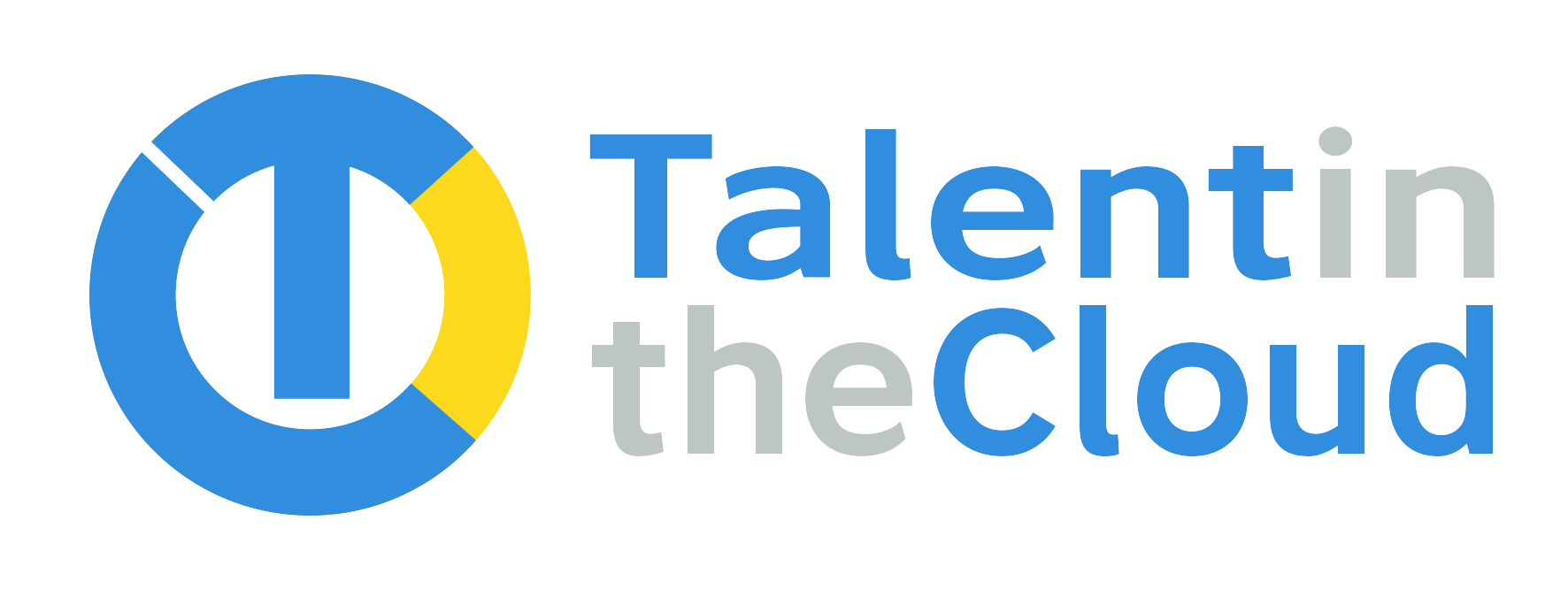Crucial for business success is a strong and trusted relationship between the hiring manager and HR / Talent Acquisition (Recruiter). Any conflict means the business is not getting what it needs - and yes, conflict happens and it needs to be quickly addressed.
So, why am I qualified to talk on this subject ? I've mediated many times between both sides. For me to be successful in my agency days (to get that hire and be paid), I've had to study and implement mediation and conflict management techniques
Key principle; it's NEVER completely the fault of one individual - I don't say 'side,' because there is only the ONE side and that is for the business.
Understanding the Relationship….
The first thing that needs to be understood is the relationship between the Hiring Manager and the Recruiter. Many organizations have HR Business Partners who are aligned to a particular business unit and work in partnership for all areas of Human Resources. Those that adopt a more traditional Business Services function are viewed somewhat differently. It is at this point where so many Talent Acquisition / Internal recruiters who have worked for an agency really stand tall. The business / Hiring Manager should be see and treated as the customer. Ultimately, that business unit is going to pay for the resource.
1) Understand the Rules, Boundaries and Responsibilities
Most organisations have pretty well defined HR policies and procedures that all should have read and understood - these help accelerate the teaming process. Obviously HR/recruiters understand them, because they live and breathe the process every day with different teams. The reality of life is that hiring managers (and other stakeholders) rarely do so. Ask them to read and understand the roles and responsibilities is easy, success in getting them to do so means the hiring manager is close to 'walking on water.'
So, it falls on the recruiter to take the initiative to ensure all understand their responsibilities within the hiring process. It is because of team dynamics that this is so very important. If this is done successfully, future problems are minimised.
2) Defining the Job Spec, and Candidate Profile
No-Brainer? Without this clearly defined, the recruitment cannot proceed. The importance of this part of the process needs understood by the hiring manager.
Yes, the hiring manager has to define spec/profile (or at least have significant input). Unfortunately, for an inexperienced hirer, this can be particularly problematic, even stressful. This is where the hiring manager needs the active support and involvement of recruiter. The recruiter may even need to invest time with the team to understand the operation and the dynamics within, especially if this has been a stable team.
3) Still Issues Occur
So, we've done all the preparatory steps and we still have issues.
- The hiring manager complains; the candidate shortlist is rubbish, I don't have time to interview, it's taking too long, etc..
- The recruiter complains: I can't get interview time-slots, I don't get feedback, he/she can't make decisions, etc..
In my experience these issues are often cause by the inadequate preparations in the earlier steps, but not always.
Sometimes there are issues that cannot be foreseen; gaps in the hiring market, changes in management, or just personality clashes. These are difficult to manage in such a transient relationship and management need to step-up and address the challenges.
4) Managing Conflict
Other times, there are hidden issues that had not been addressed earlier, especially when highlighted by finger-pointing.
There are a number of conflict management courses, manuals and experts and this video from Lauren Mackler at Harvard Business School offers some advice about preparing for that 'discussion.'
Now, a great tool I've used in the past is expectations sharing. This means each side stating what they are expecting from the other and what they believe are their own and the other's responsibility. The result of this is the highlighting of gaps in responsibilities. Those gaps create friction. That friction causes poor hiring performance. Both they and the business lose.
Identifying, negotiating responsibility ownership and commitments, has helped me in the past to resolve these issues.
I hope you enjoyed reading my views







